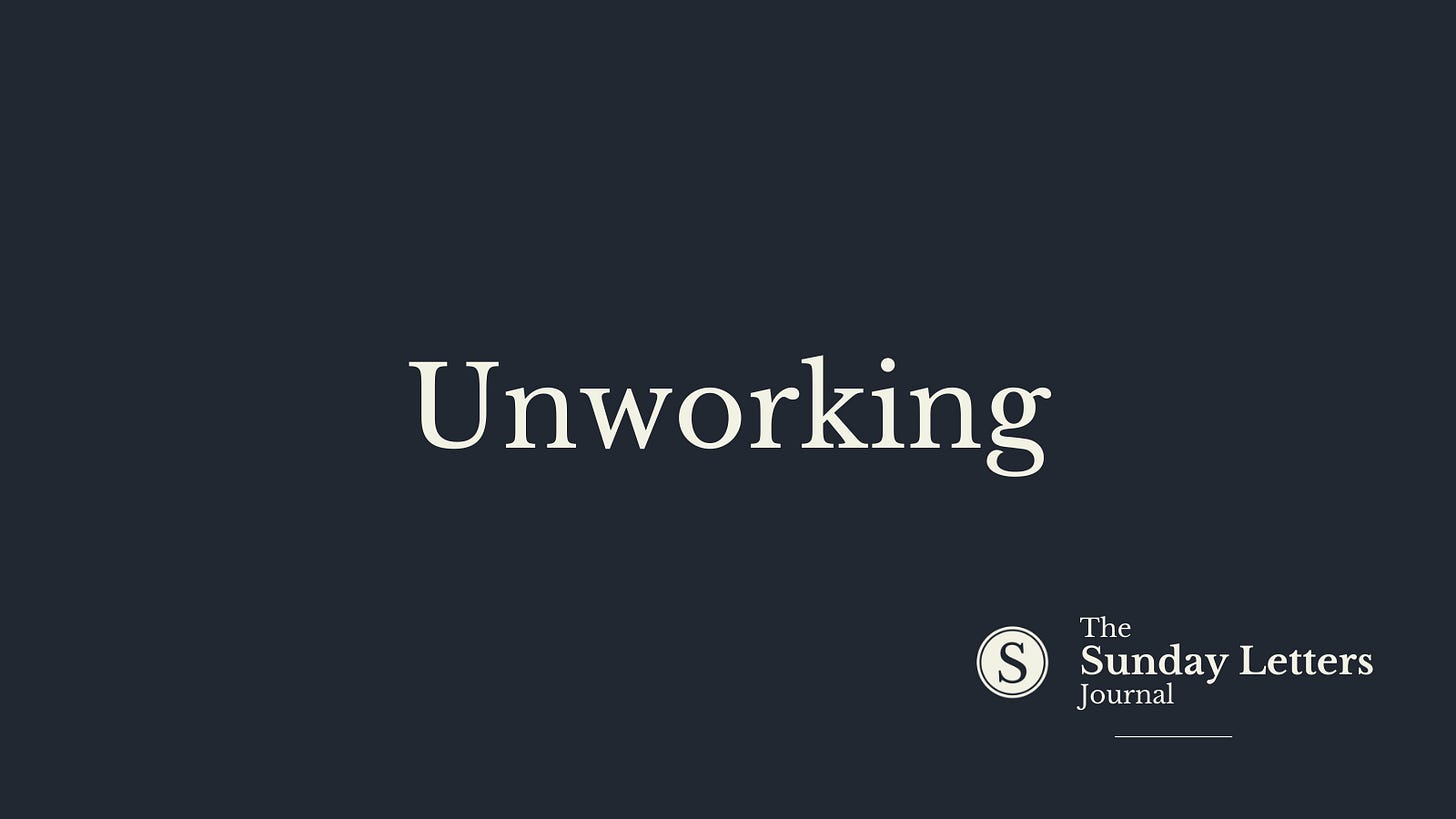“To the conflict set up by money between buyers and sellers of labour has been added another conflict, set up by the very means of production, between those who have the machine at their disposal, and those who are at the disposal of the machine.”
Simone Weil, Oppression & Liberty1
What is the machine today but an algorithm, an invisible machine. For the ones who make our clothes, pots and pans, furniture, PVC windows, rugs, cups and bowls, plumb and wire our houses and offices, and fix our air conditioning, there is still the physical mechanism and all the abrasiveness of that. They can walk away from the machine of their labour if they wanted. But for those of us in the so-called knowledge economy, the machine lives in us and takes on another form. It is an idea of ourselves and of others and it controls us. Our labour is beneath the surface but no less damaging to our spirit.
In the open letter on AI published by the Future of Life Institute, they say, “recent months have seen AI labs locked in an out-of-control race to develop and deploy ever more powerful digital minds that no one – not even their creators – can understand, predict, or reliably control.” Has this not been the story of human development since the beginning of the Industrial Revolution? Winning at all costs and figuring out how to clean up the mess later, or maybe not at all.
We allowed ourselves to become subservient to the machine of industry, politics and finance. They run the show and are usually sufficiently distant from the fallout to survive. There has always been fallout, but we have a choice—stay inside the machine, or get out. If we are inside the machine, or if the machine is inside us when it fails, we die.
Unworking is the new mid-week offering from The Sunday Letters Journal. I’ll write something new here every morning, Monday to Friday. It will be short, just like this one, or maybe longer…depends what I have to say. It’s for paid supporters of Sunday Letters, [this one’s free though] so if you’d like to get each one, become a supporter.
Weil, S. (2001). Oppression and liberty. Psychology Press.


